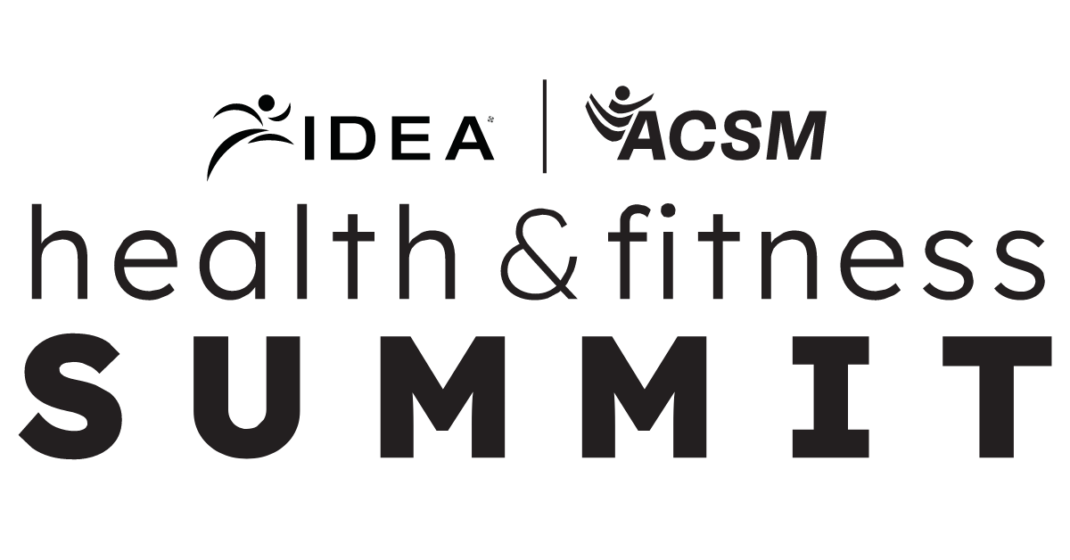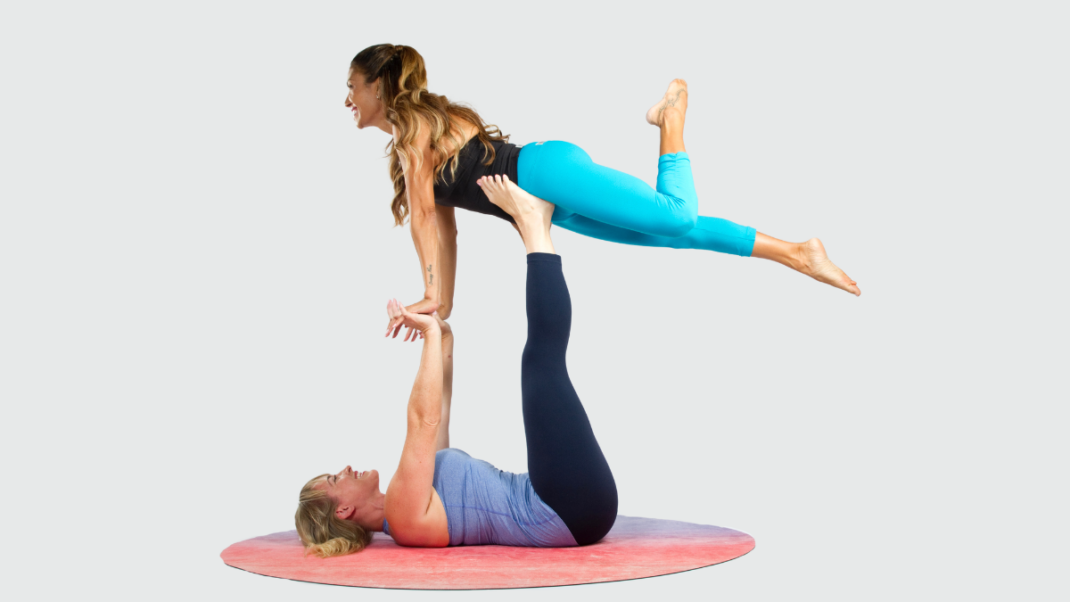Initial Research on Mindfulness Programs for Teens Shows Promising Results
Emerging research suggests that mindfulness is feasible and acceptable for youth and may also be beneficial to them (Burke 2010). Qualitative, quantitative and randomized clinical trial studies show that teens accept mindfulness-based programs and do not experience any adverse effects from them. Studies also show that mindfulness approaches are producing benefits in teens in the form of more feelings of well-being, less anxiety and worry, and less emotional reactivity (Burke 2010).
From 2005 to 2006, Biegel et al. conducted a randomized clinical trial to evaluate the effectiveness of an Mindfulness-Based Stress Reduction (MBSR) program adapted for teens aged 14–18 who were receiving treatment in an outpatient psychiatry facility. The study included 102 individuals randomized into either a treatment-as-usual [TAU] group or a group receiving TAU plus participation in an MBSR program adapted for teens. TAU consisted of either individual or group therapy and/or drug therapy.
Clinicians took pretest, post-test and 3-month follow-up measures of participants’ mental health. Methods included a psychiatric diagnosis and assessments of levels of general psychological and social functioning. Clinicians who made these measures were blinded to the subjects’ group status. At post-test and follow-up, subjects were scored on the basis of whether there was no change in their diagnosis, an improvement or a lack of improvement.
The findings, published in the Journal of Consulting and Clinical Psychology, showed that participants in the MBSR group had a higher percentage of diagnostic improvement than those in the TAU group. MBSR group members also showed reduced symptoms of anxiety, depression and somatic distress and increased self-esteem and sleep quality compared with the TAU group. Investigators recommended that more methodologically rigorous, large-scale clinical trials be conducted.
SIDEBAR:Resources
PROGRAM DEVELOPMENT
Applied Mindfulness Inc. (instructor training, program development and implementation services), www.applied-mindfulness.org.
Insight Meditation Society Teen Retreat (accepts volunteer instructors; contact Rebecca Bradshaw), www.dharma.org/ims/retreat_detail.php?id=261.
Stressed Teens (online teacher training available), www.stressedteens.com.
TEEN MBSR OR MINDFULNESS MEDITATION PROGRAMS
Center for Mindfulness in Medicine, Health Care, and Society, www.umassmed.edu/Content.aspx?id=41310.
Insight Meditation Society, www.dharma.org/ims/retreat_detail.php?id=261.
Inward Bound Mindfulness Education, http://ibme.info/retreats/teens/.
Mass General/North Shore Center for Outpatient Care (Cool MindsÔäó Mindfulness-Based Stress Reduction for 14- to 17-year-olds), www.nsmcfamilyresourcecenter.org/.
Stressed Teens (Mindfulness-Based Stress Reduction for Teens, MBSR-T), www.stressedteens.com/.
BOOKS
Biegel, G.M. 2009. The Stress Reduction Workbook for Teens. Oakland, CA: New Harbinger.
Kram, G. 2011. Applied Mindfulness: Inner Life Skills for Youth. Berkeley, CA: CreateSpace.
CD
Biegel, G.M. 2009. Mindfulness for Teens: Meditation Practices to Reduce Stress and Promote Well-Being.
Shirley Eichenberger-Archer, JD, MA
Shirley Archer, JD, MA, is an internationally acknowledged integrative health and mindfulness specialist, best-selling author of 16 fitness and wellness books translated into multiple languages and sold worldwide, award-winning health journalist, contributing editor to Fitness Journal, media spokesperson, and IDEA's 2008 Fitness Instructor of the Year. She's a 25-year industry veteran and former health and fitness educator at the Stanford Prevention Research Center, who has served on multiple industry committees and co-authored trade books and manuals for ACE, ACSM and YMCA of the USA. She has appeared on TV worldwide and was a featured trainer on America's Next Top Model.






